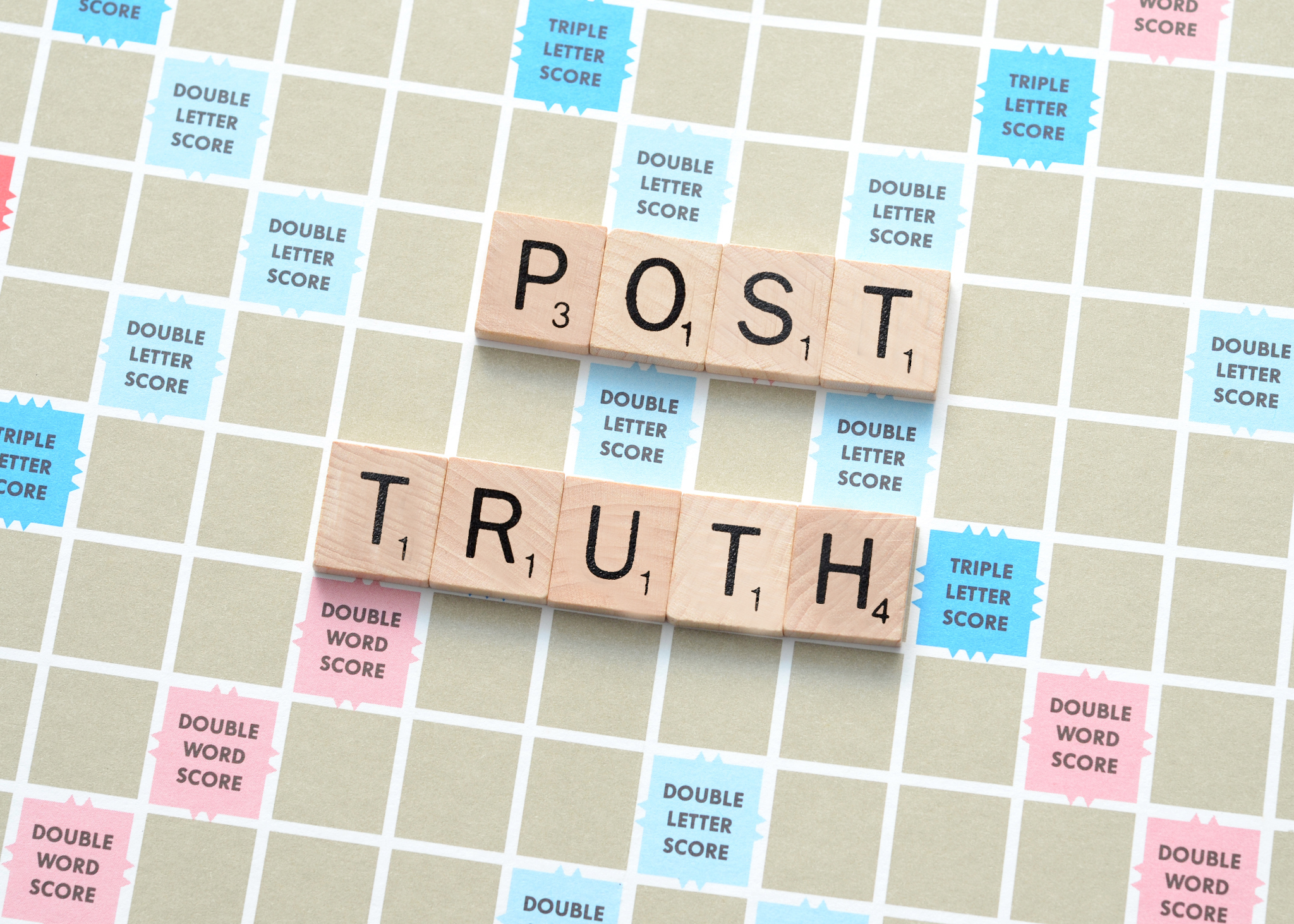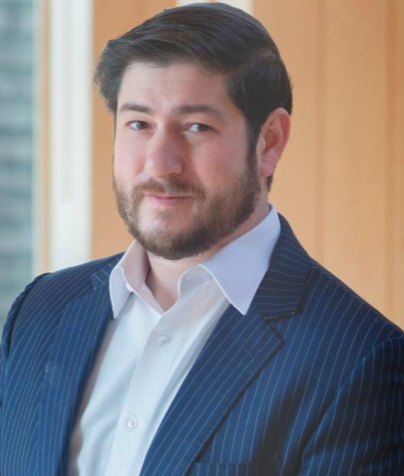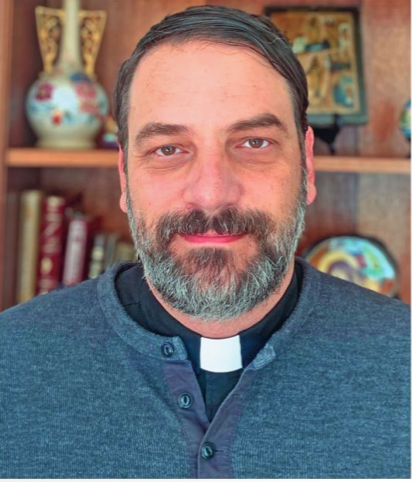Hamptons Soul: Faith in a Post-Truth World

Rabbi Josh Franklin of the Jewish Center of the Hamptons and Father Constantine Lazarakis of the Dormition of the Virgin Mary Greek Orthodox Church of the Hamptons discuss the importance of faith in a post-truth world.

Rabbi Josh Franklin
Nine-year-old Joey was asked by his mother what he had learned in religious school. “Well, Mom, our teacher told us how God sent Moses behind enemy lines on a rescue mission to lead the Israelite people out of Egypt,” he said. “When he got to the Red Sea, he had his army build a pontoon bridge and all the people walked across safely as Egyptian tanks trailed behind them. Then, Moses radioed headquarters for reinforcements. They sent bombers to blow up the bridge before the Egyptians could cross, and all the Israelites were saved.” Perplexed, his mother asked Joey, “Is that really what your teacher taught you?” “Well, no Mom,” replied Joey, “but if I told it the way the teacher did, you’d never believe it!”
The Bible overflows with fantastical stories that spark modern readers like Joey to ask, “Is this true?” The modern mind is conditioned to view the Bible through a historical lens. After all, history is an elemental part of any school curriculum, and the news media reports the facts—at least some of the time.
The biblical mind, on the other hand, cares little for history. In fact, there is no word in biblical Hebrew for either “history” or “fact.” Instead, our sacred literature lends itself best to a faith-based perspective. This is not to say that we should simply have faith and believe whatever the Bible says. Truth matters, but spirituality and faith aren’t about the quest for truth; they are the search for meaning. Biblical narratives are true-to-life in that they reflect the timeless challenges, struggles and experiences of every generation. Yet the Bible isn’t really a part of a historical genre.
The world has become dangerously engrossed in post-truth paradigms that emphasize “shades of truth,” “soft truths,” “truthful hyperbole” and “alternative facts,” but faith is different. Truth still matters to people of faith. They are just able to see the world with an additional overlay of spirituality. The next time someone asks you, “Did the Bible really happen?” I encourage you to reframe the question. It’s not about whether or not the stories happened but about what these ancient tomes teach us about ourselves and the virtues of a meaningful life.

Father Constantine Lazarakis
For me, one of the most troubling soundbites of the last few years is the notion that we are living in a “post-truth” age. From our civic leaders to our news reporters to our social media echo chambers—and even the narratives we weave about our own personal lives—we seem to be inclined to believe the primary purpose of communication is get what we want out of situation. Whether it is advancing a political agenda through mass media or projecting a lavish and happy lifestyle on a personal Instagram feed, it seems that much of what we hear and much of what we do and say is missing a crucial and anchoring force—namely, a commitment to the truth.
It is no coincidence that we have embraced this destructive and divisive notion of a post-truth era at a time when faith in God and participation in religious traditions are declining. The heart of this problem is egocentrism. When I conceive of God and community as the center of my universe, they become my primary point of reference, and I feel responsible to both God and my community in the things I communicate—the things I post, write and say.
Conversely, when I conceive of myself, my agenda, my feelings, etc. as the center of the universe, it is easier for me to live in an echo chamber, revise the facts and avoid the difficult and fruitful work of compromise, honest discussion, agreeing to disagree and finding common ground.
Today, we are in desperate need of a renewed commitment to the truth. Honesty, sincerity and love bring people closer together. Deception, flattery and duplicity sink us into isolation. Allowing ourselves to believe in and convey the truth will bring both personal and communal healing.



